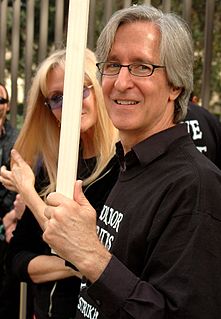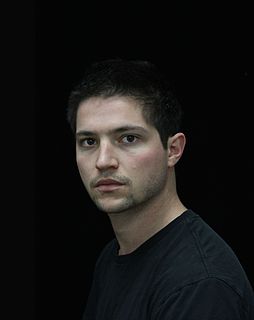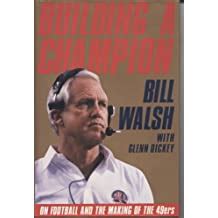A Quote by Anthony Marra
I wanted to be a writer, but at the time, I spent my days working a retail job, my nights sleeping in my childhood bedroom, and while I had written short stories here and there, I didn't know how to write good fiction anymore than I knew how to perform good brain surgery.
Related Quotes
I started out in graduate school to be a fiction writer. I thought I wanted to write short stories. I started writing poems at that point only because a friend of mine dared me to write a poem. And I took the dare because I was convinced that I couldn't write a good poem... And then it actually wasn't so bad.
The time is a thing; you don't have so much time. A good trick is to try and think about a way to use material from one occupation for the other. It's like going through working a day job, this is so dumb to say, but you know how Julian Schnabel made those crockery paintings while he was working as a short-order cook? It's like that, using what is around, transforming that to create meaning and make art. Trying to take nothing and make... something.
When I had finished the book I knew that no matter what Scott did, nor how he behaved, I must know it was like a sickness and be of any help I could to him and try to be a good friend. He had many good, good friends, more than anyone I knew. But I enlisted as one more, whether I could be of any use to him or not. If he could write a book as fine as The Great Gatsby I was sure that he could write an even better one. I did not know Zelda yet, and so I did not know the terrible odds that were against him. But we were to find them out soon enough.
With fiction, I've grown to really love the challenge of lying, the challenge of telling a good tale that isn't truthful, and working with performers is endlessly fascinating. You know, learning what a good performance is, how to get a good performance, how much or how little you need to create emotion or to create character.
I've dedicated a lot of my life as a writer to understanding how to hear the divine voice, or the music of the spheres, or whatever it is that we do when we're making art, making something out of nothing. Figuring out how to do that is much more important than knowing how to execute a good line. I don't think about that anymore, I just write.
I knew what I wanted to do when I set out. I knew that I wanted to write a book that told the story, obviously. I wanted it be comedy first, because I felt like there already had been childhood druggy stories that were very serious, and I felt that the unique thing here was that I was a comic and I could tell the story with some levity, and I have been laughing at these stories my whole life.
The [best] coaches... know that the job is to win... know that they must be decisive, that they must phase people through their organizations, and at the same time they are sensitive to the feelings, loyalties, and emotions that people have toward one another. If you don't have these feelings, I do not know how you can lead anyone. I have spent many sleepless nights trying to figure out how I was going to phase out certain players for whom I had strong feelings, but that was my job. I wasn't hired to do anything but win.





































